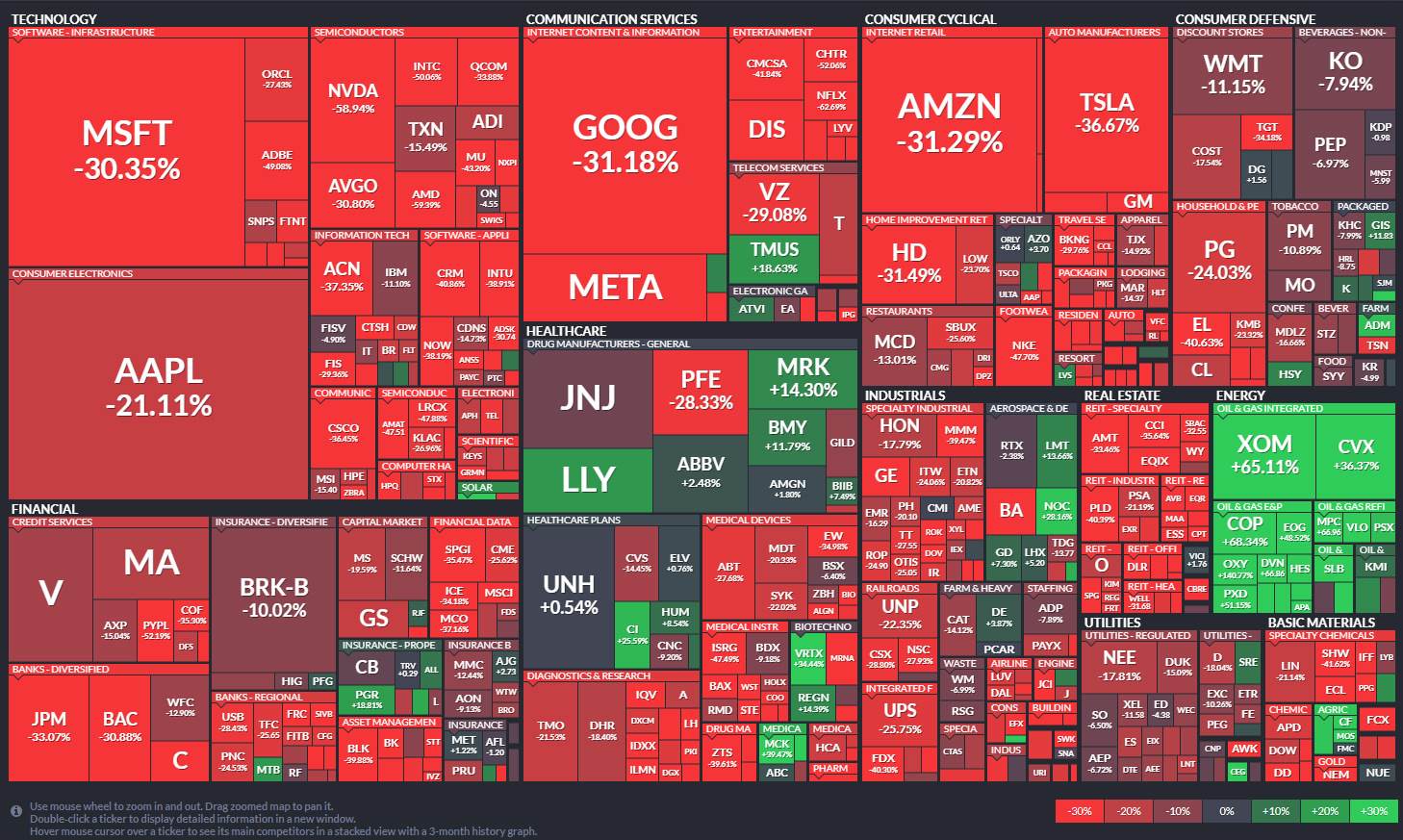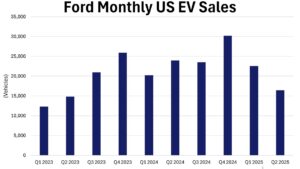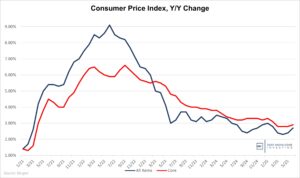I’ve worked for and run a variety of different hedge funds with multiple strategies: concentrated long-only, long-short equity, long-term value, special situations, growth investing, options-based hedging, and even risk arbitrage (betting on the results of an announced but not completed merger or acquisition). The best investors have a clear understanding of what makes a good investment for their strategy AND are flexible when market conditions change. That might sound contradictory, but certain kinds of investments can fall out of favor for years. Adapting to a new environment while maintaining strategic discipline makes a lot more sense than doing the same thing and having a “good” reason why you have poor performance for five years in a row.
We wrote a piece at mid-year titled, “First Half Headlines Are All Terrible Unless You’re a DKI Subscriber“. We noted that many professional investors and financial publications were talking about how terrible the first half of 2022 was; however, they ignored the opportunity to shift their focus and exposure. As of Friday’s close, this is what the S&P 500 has looked like year-to-date:

Chart from Finviz
Two things should jump out at you. The first is that’s a lot of red meaning that the vast majority of the market capitalization that makes up the S&P 500 is down a lot this year; especially the huge technology sector which has gotten crushed. The second is that the only big block of green is in the energy sector. When people have asked why we haven’t initiated more individual stock ideas this year, the above chart is the reason. In 2022, it hasn’t mattered how good your analysis is, or whether you know your companies better than anyone else. The right move was to focus on the macro situation and see what others wanted to ignore.
We’ve been pounding the table on two enormous positions all year: short the market indexes, and long oil/energy. (Enormous means in excess of 40% for most of the year.) I’ll be thrilled when we get back to a stock-pickers market where deep research is again the way to earn outsized returns. Until then, we’ll remain flexible as current market conditions demand.
So many people are overwhelmed by a stock and bond market that are both down huge and correlated in ways they haven’t been in the past. Others think it’s too late and that they’ve missed the opportunity to protect their portfolios. We’ve been helping investors like you get better returns for three years at DKI (and for 30 before that in the hedge fund business). Consider joining us here and see what we’re doing to help our community take advantage of the above “bad” chart.
Information contained in this report is believed by Deep Knowledge Investing (“DKI”) to be accurate and/or derived from sources which it believes to be reliable; however, such information is presented without warranty of any kind, whether express or implied and DKI makes no representation as to the completeness, timeliness or accuracy of the information contained therein or with regard to the results to be obtained from its use. The provision of the information contained in the Services shall not be deemed to obligate DKI to provide updated or similar information in the future except to the extent it may be required to do so.
The information we provide is publicly available; our reports are neither an offer nor a solicitation to buy or sell securities. All expressions of opinion are precisely that and are subject to change. DKI , affiliates of DKI or its principal or others associated with DKI may have, take or sell positions in securities of companies about which we write.
Our opinions are not advice that investment in a company’s securities is suitable for any particular investor. Each investor should consult with and rely on his or its own investigation, due diligence and the recommendations of investment professionals whom the investor has engaged for that purpose.
In no event shall DKI be liable for any costs, liabilities, losses, expenses (including, but not limited to, attorneys’ fees), damages of any kind, including direct, indirect, punitive, incidental, special or consequential damages, or for any trading losses arising from or attributable to the use of this report.




